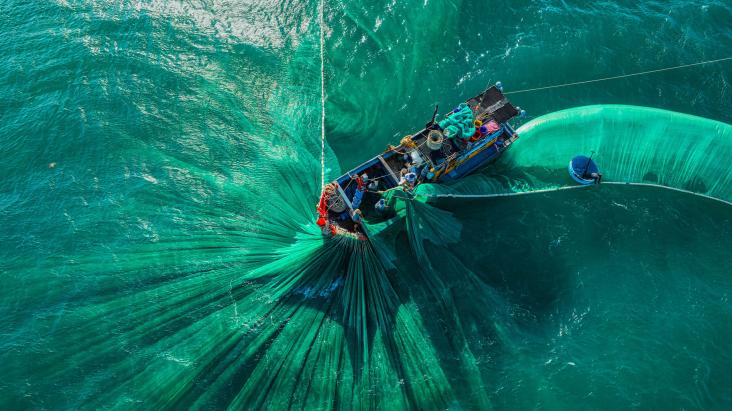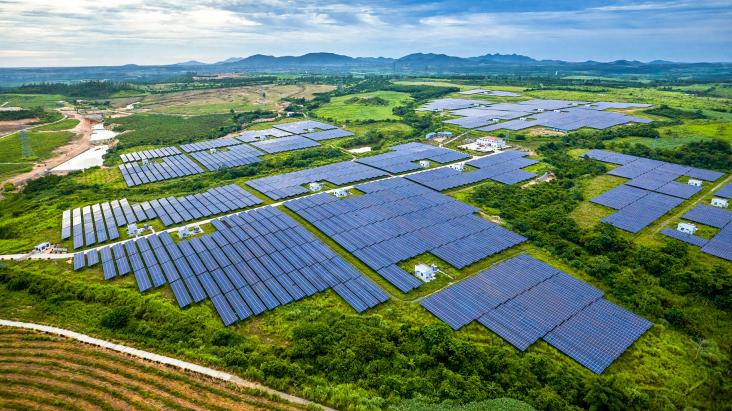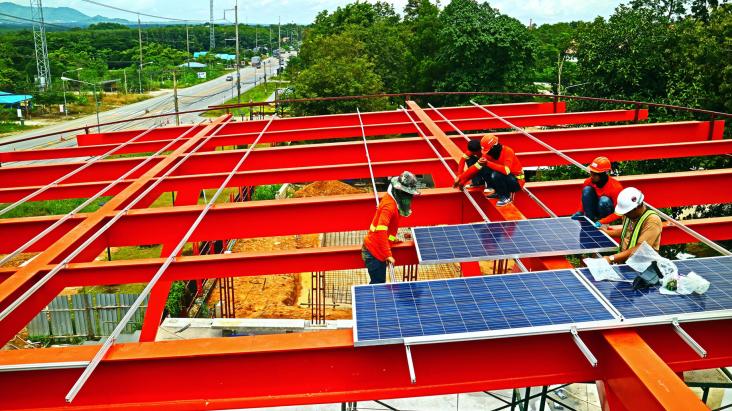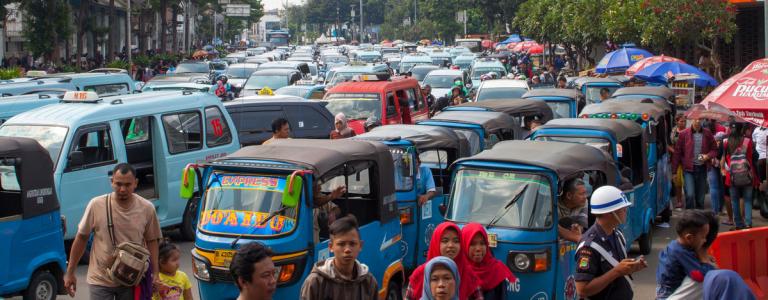Subsidies
With over 10 years of experience, the IISD Global Subsidies Initiative (GSI) is widely recognized as a world-class leader in the quantification, evaluation, and reform of subsidies.
Governments around the world spend at least a trillion dollars a year on subsidies to exploit the world's natural resources. But faced with increasing fiscal constraints, and concerned about making their economies cleaner, more inclusive, and stable, governments are under increasing pressure to change course.
GSI works closely with governments to help them move away from subsidies that hinder sustainability. The goal is to encourage individual governments to undertake unilateral reforms on subsidy policy where these would deliver clear economic, environmental, and social benefits. GSI also aims to generate a consensus in the World Trade Organization and in other forums on the need to take resolute, ongoing, and systematic action to reduce or eliminate subsidies that are trade-distorting and undermine sustainable development.
Related projects

Global Subsidies Initiative
GSI programs and research place a spotlight on fossil fuel subsidies and the corrosive effect they have on economic development, governance and environmental quality.

Fossil Fuel Subsidy Tracker
Explore the latest global fossil fuel subsidy estimates from all major sources in one interactive database.

Fisheries Subsidies
IISD is focused on supporting the World Trade Organization negotiations to end harmful fisheries subsidies.
Articles

Unpacking Canada's Fossil Fuel Subsidies
Canada committed to phasing out inefficient fossil fuel subsidies 10 years ago—but even after a decade there are still large subsidies to fossil fuel production.

Fisheries Subsidies: Will World Trade Organization members finish the job at MC13?
Tristan Irschlinger traces the future of the landmark fisheries subsidies agreement at the WTO by envisioning broader rules, managing the involvement of the largest players, and creating flexibilities for developing countries.

How the UNFCCC Can Tackle Fossil Fuel Subsidies at COP 28 and Beyond
COP28 could be a turning point for action on fossil fuel subsidies—if there is political will. How have fossil fuel subsidies featured in UNFCCC negotiations so far? And how can action on fossil fuel subsidies be taken at COP 28 and beyond?
New Research
Burning Billions: Record public money for fossil fuels impeding climate action
This briefing provides the latest evidence on how the world is aligning public financial flows with the need to reduce GHG emissions.
IISD Annual Report 2022–2023
At IISD, we’ve been working for more than three decades to create a world where people and the planet thrive. As the climate crisis unfolds on our doorsteps and irreversible tipping points loom, our team has been focused more than ever on impact.
Fanning the Flames: G20 provides record financial support for fossil fuels
This digital story provides the latest evidence regarding the G20's progress in aligning public financial flows with the need to reduce greenhouse gas emissions.
Implementing Solar Irrigation Sustainably
This guidebook provides recommendations to state policy-makers on how they can implement solar irrigation models, particularly decentralized solar plants for irrigation under the PM-KUSUM scheme, effectively and sustainably.
Experts

Ivetta Gerasimchuk
Director, Energy Program, International Strategy

Christopher Beaton
Director, Energy Program, Public Financial Flows

Philip Gass
Director, Energy Program, Just Transitions and Canada

Alice Tipping
Director, Trade and Sustainable Development

Richard Bridle
Senior Policy Advisor

Anna Geddes
Associate

Tristan Irschlinger
Policy Advisor, Fisheries Subsidies

Tara Laan
Senior Associate

Shruti Sharma
Senior Policy Advisor

Anissa Suharsono
Associate

Vibhuti Garg
Associate and Senior Energy Specialist

Ronald Steenblik
Senior Fellow

Tom Moerenhout
Associate

Andrea Bassi
Senior Associate
Latest
You might also be interested in

Climate Change Mitigation
Tackling climate change requires urgently reducing greenhouse gas emissions to minimize the impacts on our societies, economies, and ecosystems.

Energy
We work to identify wasteful practices, encourage new thinking, engage civil society, and support policy reform.

Just Transition
In the transition to clean energy, a just transition can minimize negative impacts and maximize positive opportunities.
